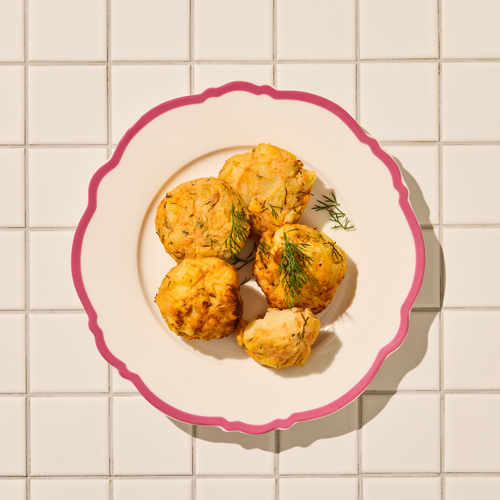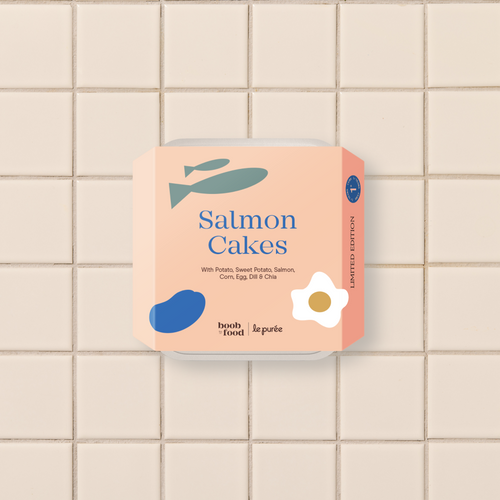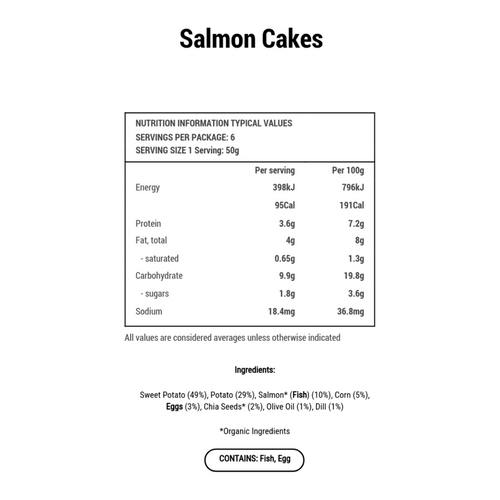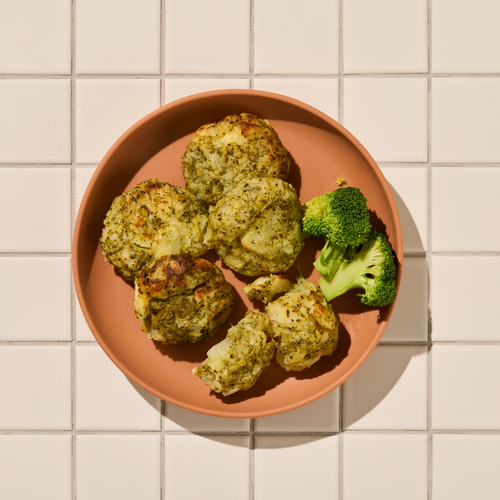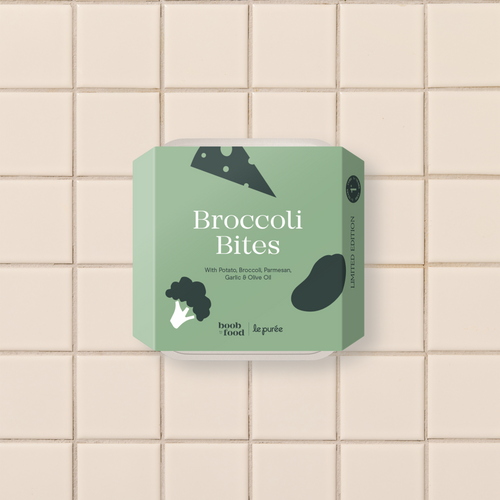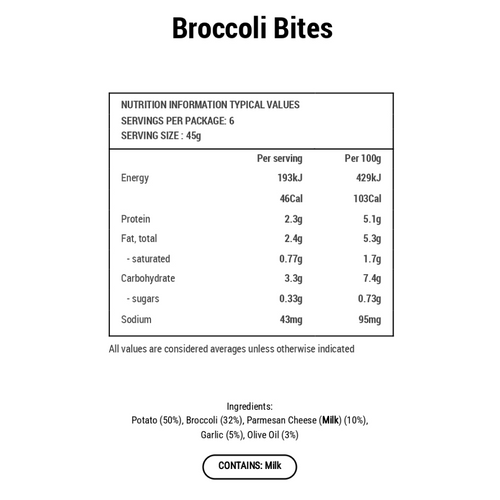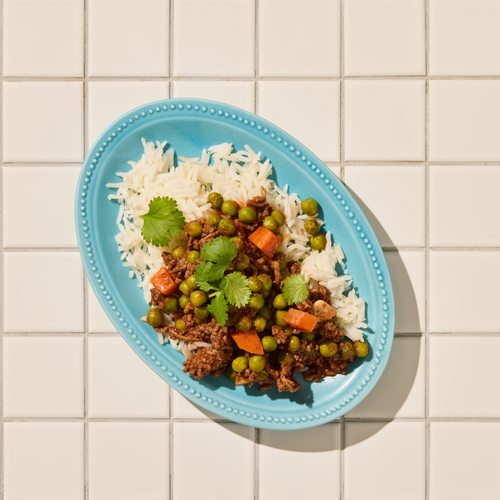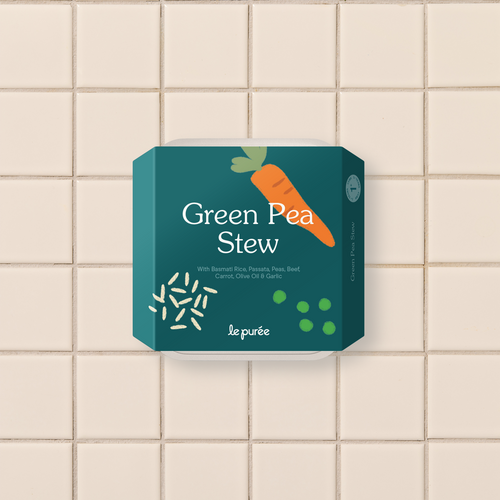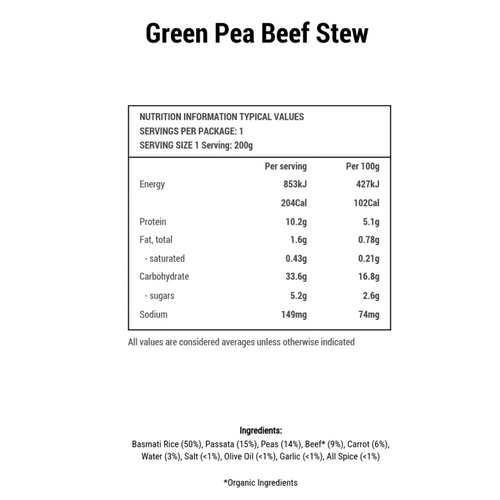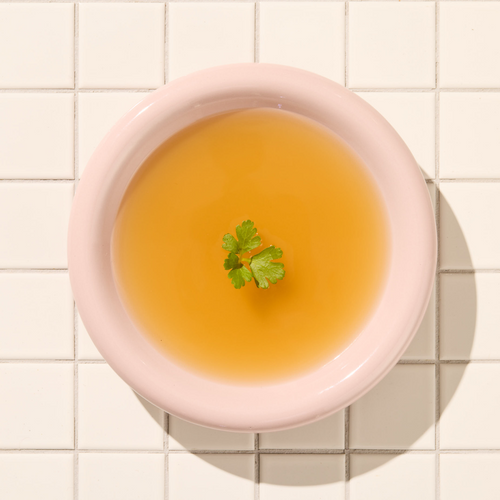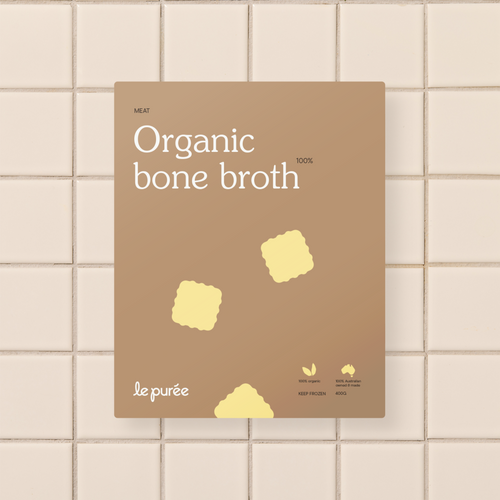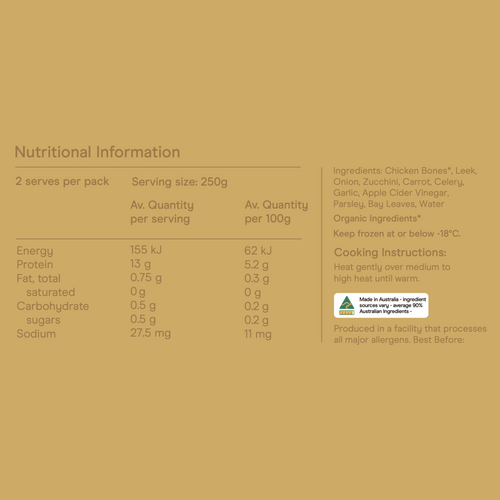By Jessica Kurosaki, Le Puree In House Dietitian
When it comes to starting solids, every parent wants to get it “right.” But with so much changing advice, especially around food allergies, it can feel overwhelming. The good news? Science now shows that early, gentle exposure to a variety of foods helps your baby’s immune system grow stronger and more tolerant over time.
A New Way to Think About Allergies
Once upon a time, the advice around food allergies was simple: avoid, avoid, avoid. No peanuts, no eggs, no milk. The highchair menu was shorter than a cafe’s black coffee list.
But ongoing research now shows that this kind of avoidance may actually increase risk… while early, careful introduction of allergenic foods supports tolerance and strengthens a baby’s developing immune system.
There is actually research that has shown that babies who had more than 14 foods in their diet by 9 months of age, had a reduction in egg allergies! This means that when introducing solids, offer a variety of foods from different food groups for protective benefits all round (and delicious tastes).
The Gut: Your Baby’s First Line of Defence
The gut plays a starring role here. It’s not just for digestion, it’s home to trillions of microbes that interact with your child’s immune defences. When these microbes are fed a diverse, whole-food diet, they flourish, and that thriving ecosystem is linked with fewer allergic diseases. This variety in the diet supports a reduced inflammatory state, and potentially aids tolerance of these allergenic foods. Diversity matters!
Studies have shown that babies with the broadest range of foods in their first year of life when starting solids had lower rates of asthma, eczema, and food allergy later on.
So, what does a diverse, nutritious diet actually look like day to day? We can take cues from cultures that have been doing it right for centuries.
PICTURED: Le Purée Beef, Bone Marrow & Parsnip Purée
Heritage Meets Highchair
The Mediterranean diet. The Nordic diet. The Japanese diet. The Atlantic diet. They sound exotic, but what they all have in common is simplicity, a variety and plethora of:
- Plants
- Fish
- Legumes
- Fermented foods
- Very little in the way of processed snacks
PICTURED: Le Purée Barramundi, Beetroot & Cous Cous Purée
These traditional diets are not just nourishing; they’re also associated with fewer chronic diseases and, importantly, lower allergy prevalence.
For little ones, this doesn’t mean serving up seaweed salad at seven months (unless you’re game). It means borrowing the principles:
- A dollop of lentils mashed with olive oil
- A spoon of yoghurt (if tolerated) with soft fruit
- A little flaked salmon stirred through rice
These foods not only provide the nutrients their growing bodies need, but also support the gut microbiome, which helps regulate immune responses and tolerance.
PICTURED: Le Purée Salmon Cakes
Science Meets Simplicity: Enter AllerStart
PICTURED: AllerStart Baby's First Allergens
While traditional food cultures show us the power of variety, modern science helps us make it simple in practice, and that’s where AllerStart comes in. Each sachet contains one allergen at a time, in carefully measured doses, so you can introduce peanuts, egg, milk (and the list goes on) without panic. You simply stir it into your baby’s puree or finger foods, offering repeated, gentle “hellos” to the immune system instead of one big scary introduction years down the track.
The science supports what mums instinctively know: food should be fun, colourful, and shared, not feared.
From tradition to science, and from first tastes to lifelong habits, variety really is the secret ingredient. With small, steady steps (and a sprinkle of confidence), you’re helping your little one build a healthy, happy relationship with food.








